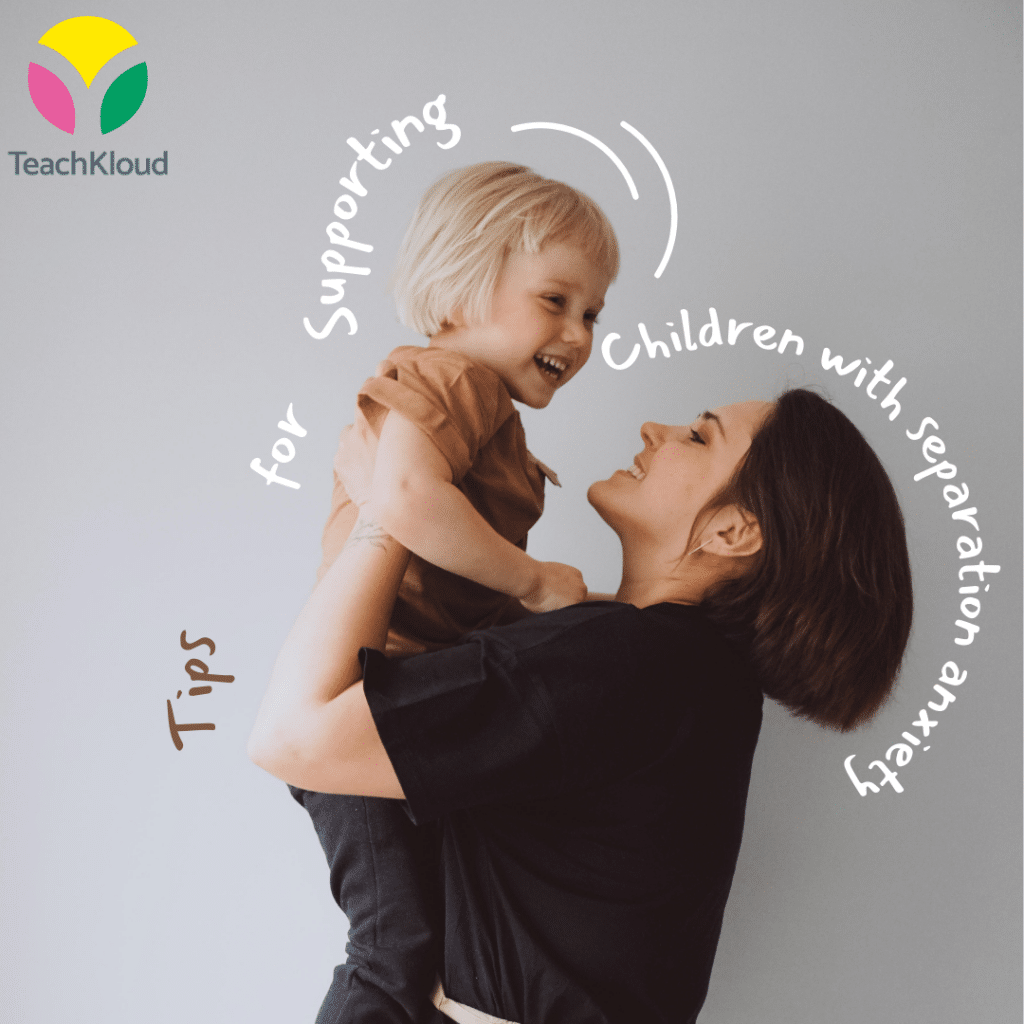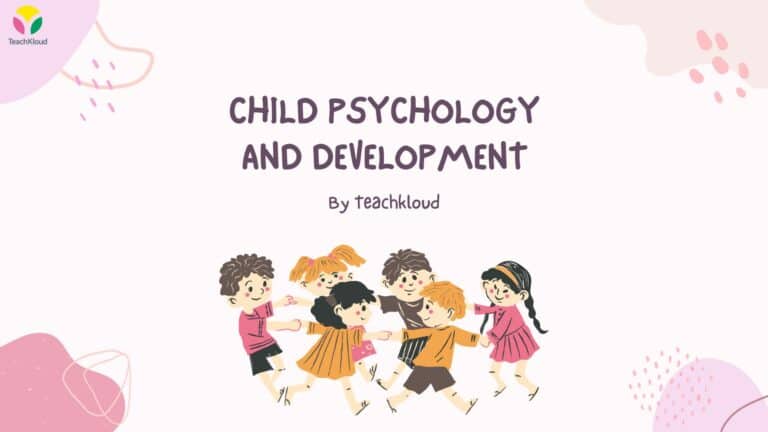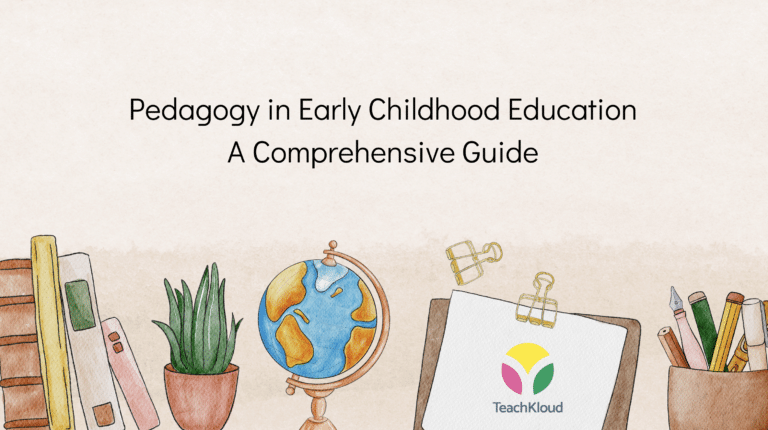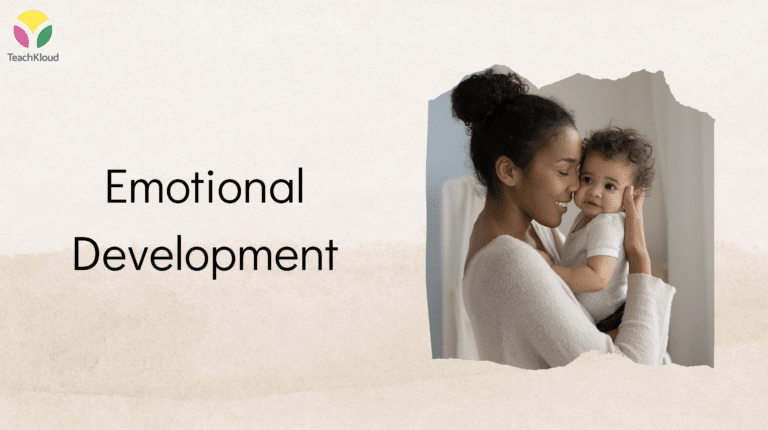After the year we’ve had, and as 2021 continues in a similar format, it’s essential that our attention is put on the impact that COVID-19 has had on young children.
As they learn from home and spend more time with the parents and siblings, sometimes even grandparents, there has already been a surge in separation anxiety in children. This is likely to increase once lockdown restrictions are eased, and children return to school.
TeachKloud’s nursery management software does help parents to stay connected with their little ones when they return to school! To find out more about our features or how we can help your preschool, get in touch!
What Is Separation Anxiety In Children?
Although it is natural for young children to feel anxious when they say goodbye, crying, clinginess, and tantrums are all healthy reactions to separation and a normal development stage in early childhood.
It can become a problem and develop into separation anxiety when a child experiences anxiety that doesn’t go away. This then tends to continue into intense separation anxiety in children during high school and beyond.
If it is excessive enough, then it can interfere with friendships and everyday activities, lasting for months, as opposed to just days.
How To Help To Ease Separation Anxiety In Children
Some steps can be taken to help to ease separation anxiety in children. These include:
- Stick To Promises – Although it can sometimes be difficult with a job and with other children, if you promise your little one that you will return at a specific time, then you must stick to that time.
- Leave Without A Fuss – When you drop your child off, and you say you are leaving, you should leave immediately. You don’t want to stall or make a bigger deal out of it.
- Develop A Quick Goodbye Routine – Whether you both wave through the window or have a hug and a kiss, you should keep things quick.
- Practice Separation – Before their first day of nursery/preschool, leave your child with a caregiver for brief periods of time. As your child gets better with separation, you can then start to leave them for longer.
What Is Separation Anxiety Disorder?
It’s important to note that separation anxiety disorder is not a normal stage of development for children. It is actually a serious emotional problem that is characterised by extreme that is caused when a child is away from its primary caregiver.
What Are Symptoms Of Separation Anxiety Disorder?
Children will feel constantly worried about separation and will feel overwhelmed with symptoms, such as:
- Refusal to go to school
- Reluctant to go to sleep
- Physical sickness – headache or stomach pain
- Worry that something terrible will happen to a loved one
What Can Cause Separation Anxiety Disorder?
Separation anxiety disorder occurs because a child feels unsafe in some way. Common causes include:
- Stress – this can consist of switching schools, the loss of a loved one, or parents getting divorced
- Change in the environment – this can include a new school, daycare, or school
- Overprotective parent – sometimes separation anxiety disorder can be a result of your own stress or anxiety
How Can You Help A Child With Separation Anxiety Disorder?
So, how can you help a child with separation anxiety disorder?
Seeing a child in distress can be difficult, especially when it’s your own. Therefore, it can be tempting to help your child by allowing them to avoid the things they’re afraid of. However, this will only reinforce the anxiety in the long term.
But, there are some other ways you can help your child with separation anxiety disorder, such as:
- Educate yourself about separation anxiety disorder
- Talk about the issue
- Anticipate separation difficulty
- Keep calm during separation
- Listen and respect your child’s feelings
Although you will support your child through this disorder, some children with separation anxiety disorder might need professional help, who you can contact should you have any concerns.




